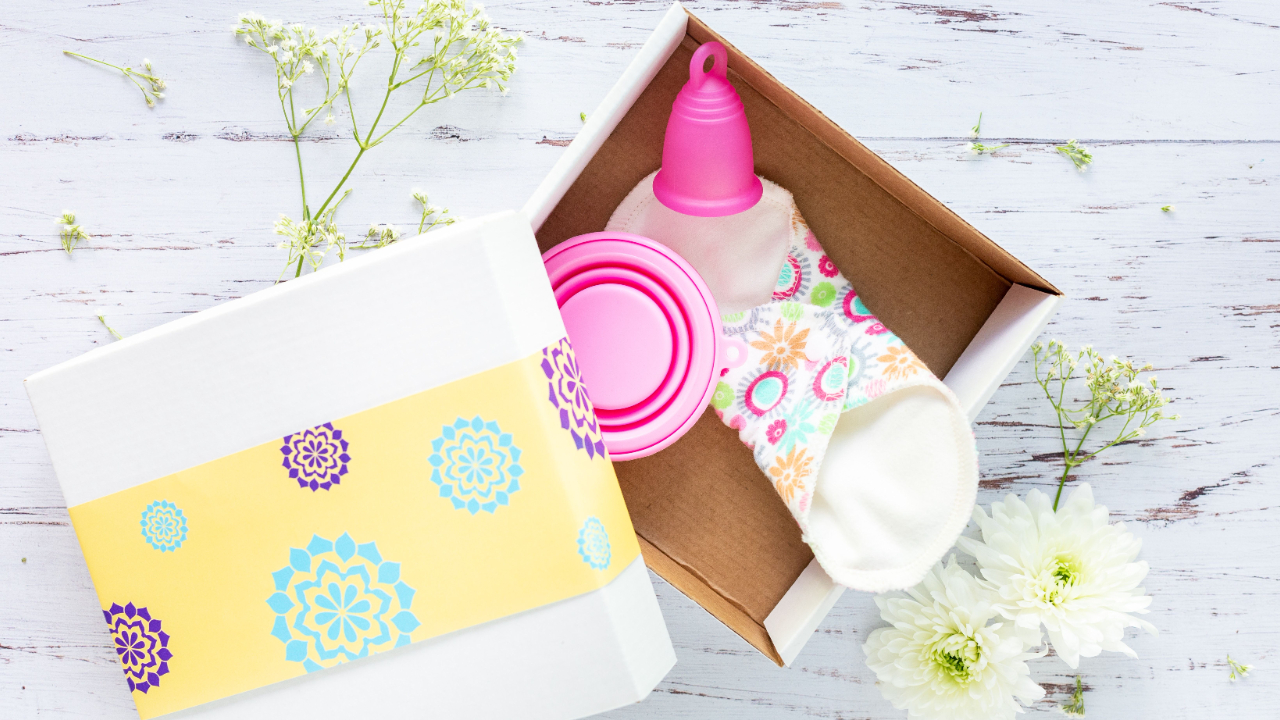
From Period Poverty to Policy
When Basic Health Needs Become Political
Let’s talk about something that half the population experiences, yet is still surrounded by silence, stigma, and political inaction: menstruation.
Period poverty—the lack of access to menstrual products, safe hygiene facilities, or education about menstruation—is not just an inconvenience. It’s a public health issue, a barrier to education and employment, and a sign of broader gender inequality. And like so many women’s health issues, it’s also political.
What does period poverty look like?
Period poverty shows up in many ways:
- A teenage girl skipping school because she can’t afford tampons.
- A woman reusing pads or using toilet paper because she’s choosing between period products and groceries.
- A lack of menstrual hygiene facilities in shelters, prisons, or remote communities.
- Trans and non-binary people facing additional barriers to accessing products or support.
It’s not just happening in low-income countries. It’s happening right here, in Australia.
A 2021 report by Share the Dignity found that more than one in five people who menstruate in Australia have had to improvise period products due to cost. That’s not a niche issue—it’s a systemic failure.
The Reality of Period Poverty in Australia
The 2024 "Bloody Big Survey" conducted by the charity Share the Dignity, found that 64% of respondents struggled to afford period products, with many resorting to low-cost alternatives like toilet paper or cloth. Lack of period products combined with pain and other symptoms leads to time off work, skipping school or uni and not doing usual sports activities.
This issue disproportionately affects individuals without secure employment, those from lower socio-economic backgrounds, residents of rural areas, Indigenous communities, people with disabilities, and those who identify as gender diverse.
The Criminalisation of Period Poverty
In 2015, an unnamed 20-year-old Aboriginal woman in Coolgardie, Western Australia, was fined $500 for stealing a box of tampons worth $6.75 from a service station. She was issued a Criminal Code Infringement Notice—an on-the-spot fine that bypasses the court system. Although she did not spend time in jail, the case triggered widespread outrage and became a symbol of how poverty and unmet health needs can be criminalised—particularly for those already facing structural disadvantage.
The woman’s story struck a chord across the country (AKA pissed-off a lot of people). A crowdfunding campaign raised over $3,000 to cover her fine, but the point had already been made: when access to essential health items is denied, people suffer. And sometimes, they are punished for trying to meet their basic needs.
Why Period Poverty Is Political
Menstrual products are essential, yet they’re often treated as optional or luxury items in policy and funding decisions. Until recently, tampons and pads were taxed as "non-essential" items. Advocacy got the tampon tax removed—but that was just one win in a bigger fight.
Period poverty intersects with many areas of public policy:
- Education: Students missing school due to menstruation are missing more than just class—they're missing opportunities.
- Health equity: Access to basic hygiene shouldn’t depend on your postcode or income.
- Workplace participation: Lack of access can affect job performance and confidence.
- Criminal justice and housing: People in prisons or experiencing homelessness often face extreme barriers to safe menstrual care.
And yet, there is still no national policy to address period poverty in Australia.
What Needs to Change
Fixing period poverty isn’t just about handing out free pads—though that helps. It’s about embedding menstrual health into the broader conversation on gender, health, and equity. That means:
- Free period products in all public schools, workplaces, shelters, and correctional facilities.
- Public health campaigns to reduce stigma and normalise conversations about menstruation.
- Inclusion of menstrual health in sexual and reproductive health strategies.
- Policy that recognises period products as essential healthcare—not discretionary items.
Scotland made history by passing legislation that made menstrual products free to anyone who needs them. It’s time we ask: Why not here?
What You Can Do
- Talk about it. Break the silence around menstruation—at home, work, school, and in policy spaces.
- Support organisations like Share the Dignity or local community pantries that supply period products.
- Email your MP. Ask what they’re doing to address period poverty in your state or territory.
- Advocate for inclusion of menstrual health in broader health and education policies.
Because no one should have to choose between managing their period and participating fully in life.



